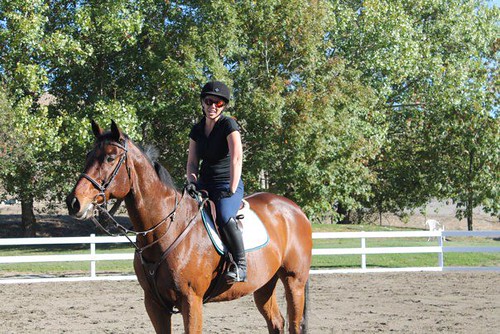In an otherwise creepy and depressing thread, I found this wonderful comment:
A girl needs to learn how to perform “what boys like” in order to attract and keep boys’ attention, and boys take it for granted girls will be doing this, that girls exist as objects for their attention to pick and choose from (this is why many guys, especially young ones, feel perfectly at home evaluating women, any woman at all, with “I’d hit it” or not – we are surprised at their presumption, but from their POV that is their role as selector). Boys and girls (and men and women) will “punish” girls who aren’t trying to fulfill their given role.
This was such a strong pressure in my adolescence that specific instances of gender-enforcement stand out in my memory: Christine saying “It’s past time you started shaving your legs”; Aaron and his friends forming the Itty Bitty Titty Committee to give marks out of ten for our bust sizes; Cameron saying “I wish you hadn’t cut your hair; your long hair was the good kind, with curls.” And many more. Women were the biggest enforcers. Jan, the minister’s wife, was the worst. Anne Summers wrote a book I still haven’t finished, about women in early colonial Sydney, called Damned Whores and God’s Police. Those were our only options. Jan was God’s chief of police.
Girlness was a performance judged by a panel of assholes. I sucked at it, which turned out to be my salvation. Being a horsy girl was a recognized loophole on the tomboy spectrum (although, again, Claudia, when we were all of ten: “You can’t just talk about horses all the time, you know.” HAHAHA SUCK IT.) The panel of assholes still in full flight in Australia, by the way, where the gendered slurs against our Prime Minister boggle the mind. (Anne Summers, on point again.) But whenever I get to bitching about this on IM, Liz sensibly points out: “It’s not Australia. It’s the patriarchy.”
Argh! I have daughters. I drag them along to barns and science museums and give them math books and read Swallows and Amazons to them at bedtime so that they can have Mary King and Limor Fried and Fan Chung and Nancy Blackett as alternative role models to Jan-the-minister’s-wife. But they’ll need the hearts and stomachs of concrete elephants all the same.
And still. More vividly than I remember all the putdowns, I remember the day I realized I was a free agent, and could exercise a choice. I want that for everyone.







